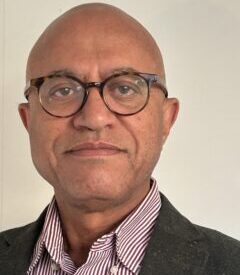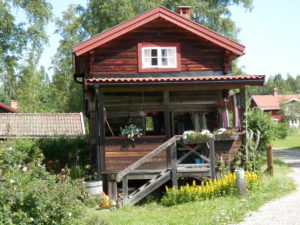January 20, 2021
I think it was in 1989, I attended my first computer evening classes in the Ethiopian Science and Technology Commissions office. The computer program available in Ethiopia then was called MS DOS (Disc Operation System) for IBM. While already available in other countries, I saw gradual introduction of different versions of windows.
After some years in Sweden, my wife and me bought our first computer in 1994. That machine contained two separate parts, a big box with 127 mb hard disc memory and 4 mb processer. One very big screen we put over the box. Some years later I was buying some memory cheeps to upgrade the computer.
Gradually the devices started to be refined in forms and smaller in sizes until we have our smaller laptops, mobile telephones and iPad devices. This development included an advance in different operating systems and apps for different functions. These apps are used for our financial transactions, for educational purposes, for communication and other day to day activities.
The major advance in communication technology led to the creation of big search tools and communication forums such as facebook, instagram and twitter. Hundreds of millions are daily using these social medias in communicating with each other.
By using social media people are not only just communicating with each other for private and official purposes. Academic knowledge, political ideologies, businesses ideas, historical facts, environmental awareness issues etc. are disseminated.
There are those who are using the social medias for constructive purposes with intention of sharing their useable wisdom of knowledge and experiences. There are also those who use it to promote themselves, to exaggerate their successful life their lovely families and their progressive carrier. It is not difficult to tolerate these ones.
On the other hand, it is sad to see, there are individuals and groups that are misusing this media to spread lies, hates and their biases on every aspects of life. They create fictious stories and distribute about persons they never met or consider their “enemies”. There are some who instead of opposing some opponent’s ideas, insulting them and degrading them to sub-humans. More than distributing hate propagandas, they use these forums to spread their racist and right extremist ideologies and to recruit inexperienced young members to their groups.
In such a short blog it is difficult to analyze widely the pros and cons of the social medias. It is the responsibility of social media users to work for the advantage of their audience and support genuine and civilized engagement with each other. It is equally important to stand against the misusers of social media.

